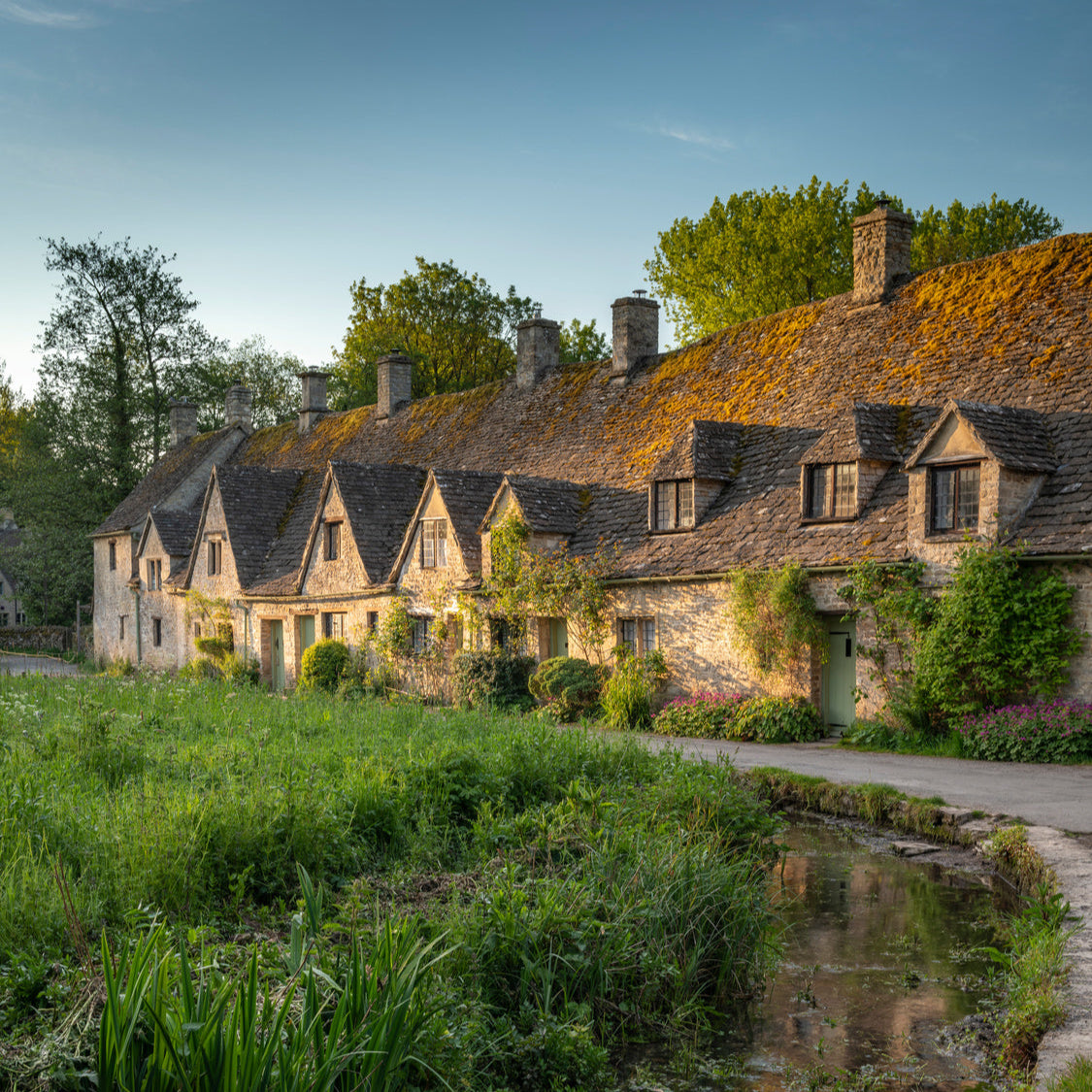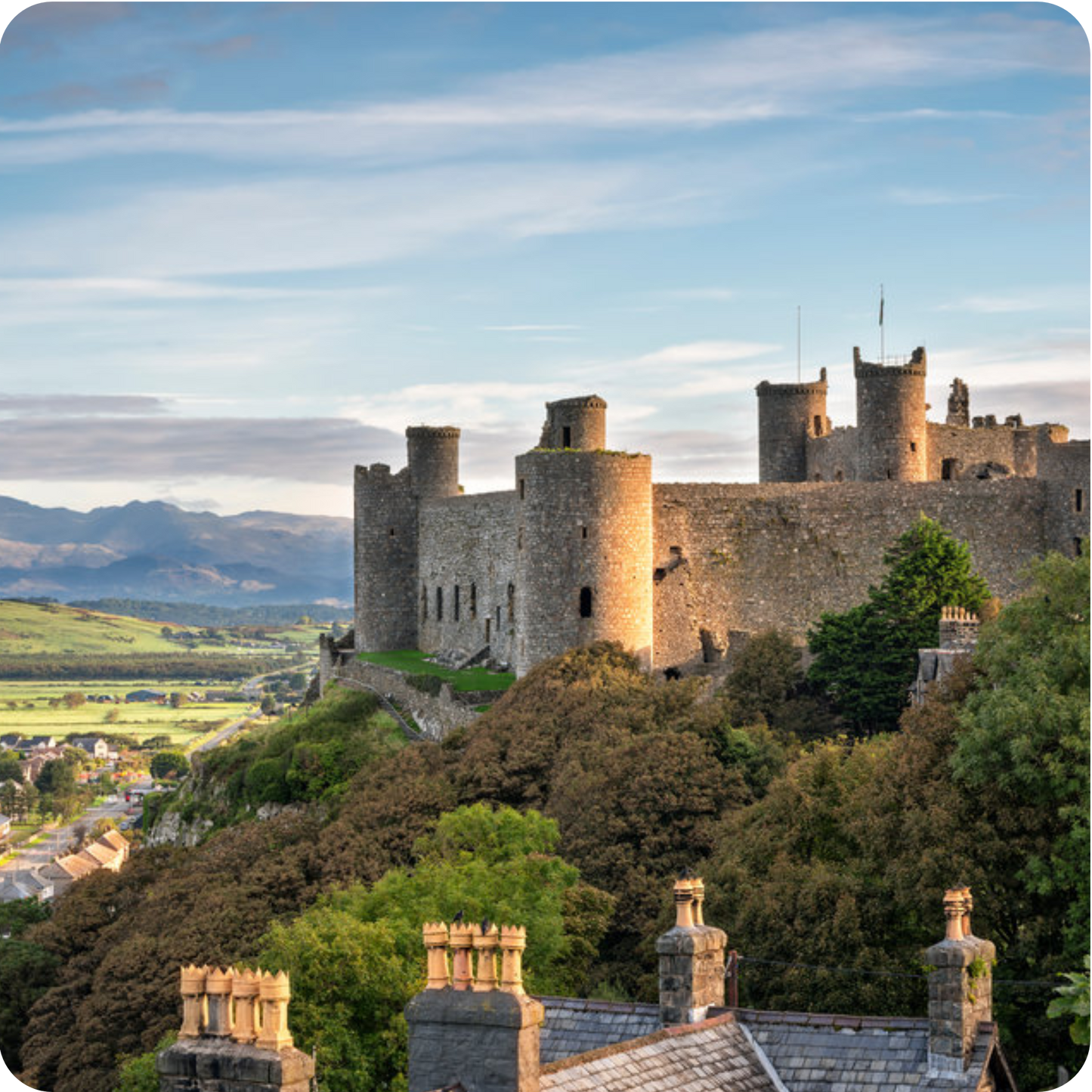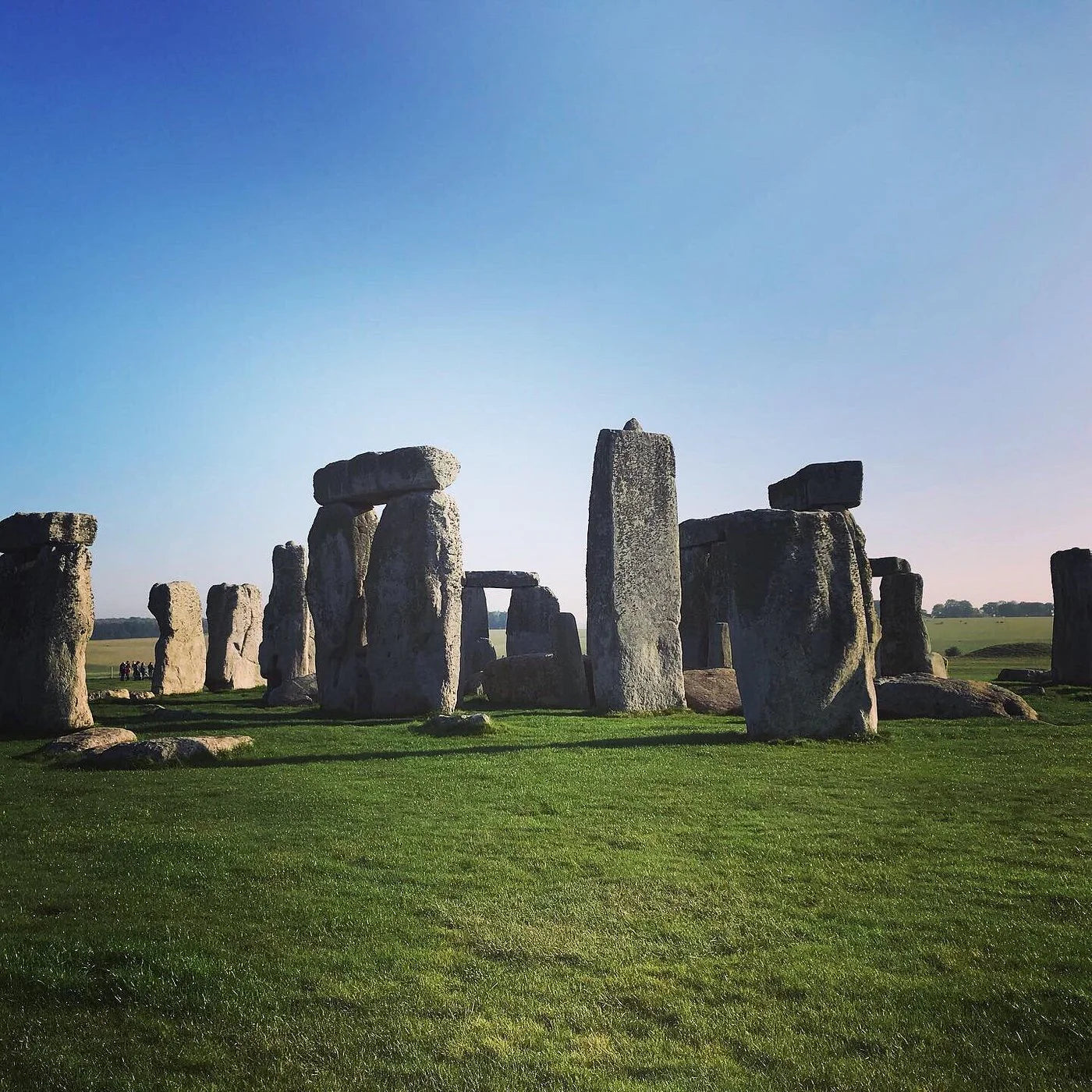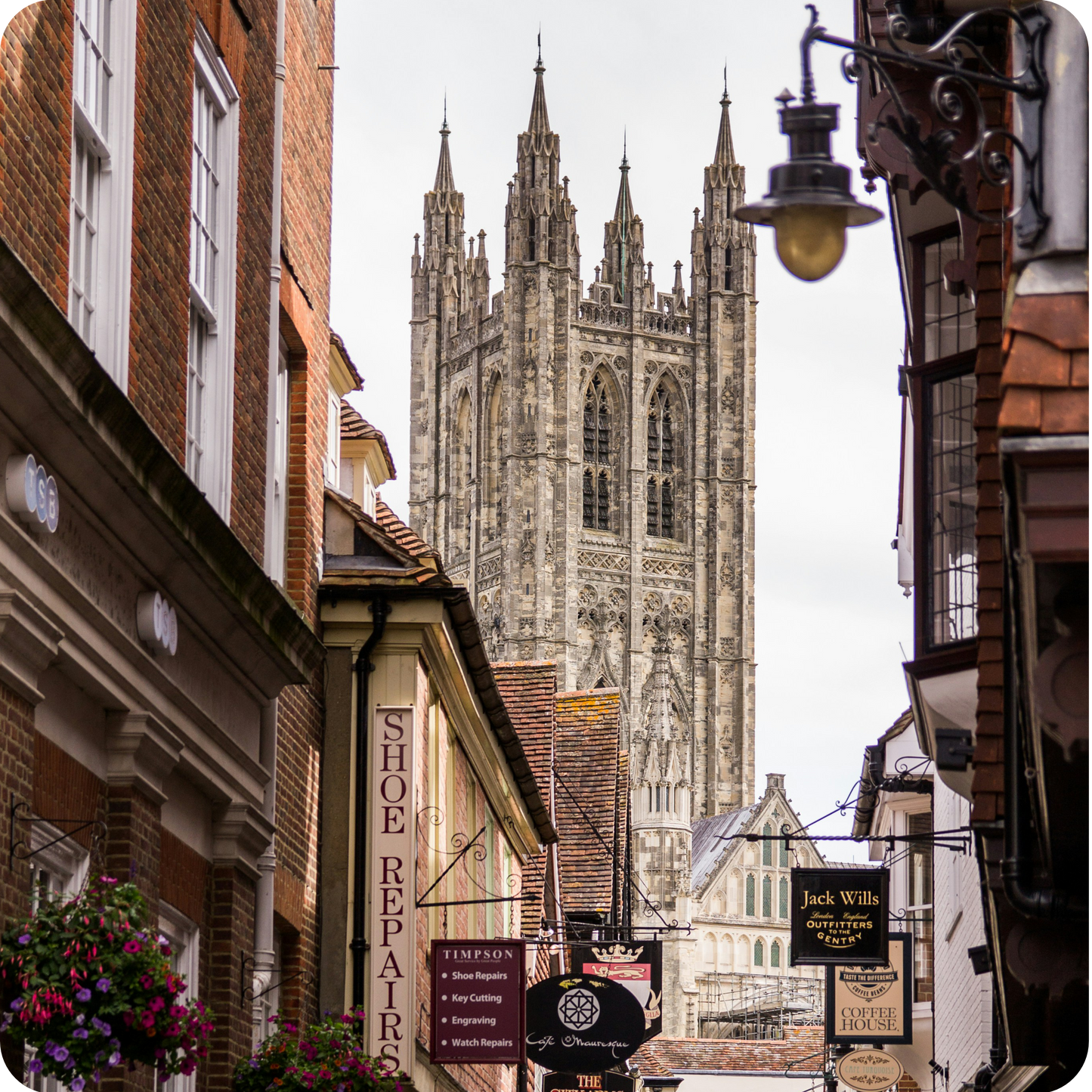Use the promo code GO26 at checkout

The United Kingdom has long been a powerhouse of musical innovation, producing some of the most influential artists and albums in history. From the streets of London to the rugged landscapes of Scotland, the UK’s cities, history, and culture have served as inspiration for legendary records across multiple genres. Here’s how the UK has played a crucial role in shaping some of the world’s greatest albums.
1. The Beatles – Sgt. Pepper’s Lonely Hearts Club Band (1967)
The Beatles’ groundbreaking Sgt. Pepper’s Lonely Hearts Club Band is often regarded as one of the greatest albums of all time. Recorded at Abbey Road Studios in London, the album reflects the cultural revolution of 1960s Britain, blending psychedelia with avant-garde studio techniques.
UK Inspiration:
- The rise of Swinging London, where fashion, art, and music merged.
- The influence of British music halls, which inspired the album’s theatrical concept.
- Experimental sounds fueled by the UK’s booming counterculture movement.
2. Pink Floyd – The Dark Side of the Moon (1973)
A timeless progressive rock masterpiece, The Dark Side of the Moon was crafted in London and deeply influenced by themes of modern life, mental health, and the pressures of the music industry.
UK Inspiration:
- The industrial landscapes of post-war Britain, influencing themes of alienation.
- The Cambridge roots of Syd Barrett and David Gilmour, shaping the band’s early psychedelic style.
- The pioneering use of studio effects at Abbey Road Studios, setting new production standards.
3. David Bowie – Ziggy Stardust and the Spiders from Mars (1972)
Bowie’s androgynous, sci-fi alter ego Ziggy Stardust was conceived in London, inspired by the city’s diverse fashion scene and glam rock movement.
UK Inspiration:
- The decadence of early 1970s Soho and London’s underground music scene.
- The influence of British literature, including dystopian themes from George Orwell.
- The space-age fascination of the UK’s Cold War-era culture.
4. The Clash – London Calling (1979)
A defining punk rock album, London Calling captures the political and social unrest of late 1970s Britain. The album’s title alone is a direct nod to the BBC’s wartime radio broadcast phrase, symbolising a call to rebellion.
UK Inspiration:
- The economic struggles and youth discontent of London.
- Influences from reggae, ska, and punk subcultures thriving in UK cities.
- Political tensions and class struggles that shaped punk’s aggressive energy.
5. Oasis – (What’s the Story) Morning Glory? (1995)
Manchester-based Oasis defined the Britpop era with this album, featuring anthems like Wonderwall and Don’t Look Back in Anger. The album reflects working-class Britain and the spirit of 1990s Manchester.
UK Inspiration:
- The gritty realism of Manchester’s music scene.
- The influence of The Beatles and British rock giants before them.
- The lad culture and swagger of 1990s Britain, defining Britpop.
6. Radiohead – OK Computer (1997)
One of the most critically acclaimed albums of all time, OK Computer reflects themes of technological paranoia, isolation, and modern life, mirroring the changing British landscape in the late 1990s.
UK Inspiration:
- The bleak motorways and urban sprawl of England.
- The rapid technological changes in pre-millennial Britain.
- The alienation of modern British life, reflected in songs like No Surprises.
7. Arctic Monkeys – Whatever People Say I Am, That’s What I’m Not (2006)
Sheffield’s Arctic Monkeys burst onto the scene with a raw, observational debut album that perfectly captured working-class nightlife in Northern England.
UK Inspiration:
- The pub and club culture of Sheffield and the North.
- Sharp-witted lyrics reflecting British humour and realism.
- A DIY attitude that mirrored the UK’s indie music revolution.










